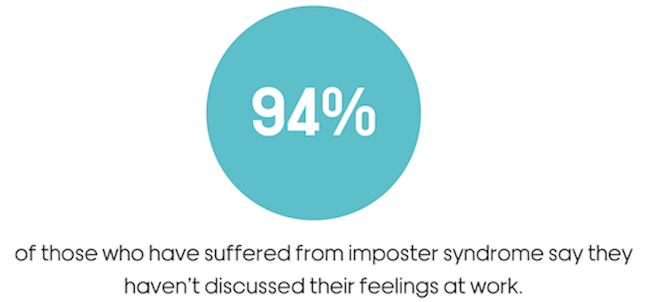Exploring Imposter Syndrome
Imposter Syndrome is the persistent inability to believe that one's success is deserved or has been legitimately achieved as a result of one's own efforts or skills. It can also be referred to as perceived fraudulence as it involves feelings of self-doubt and personal incompetence that persist despite your education, experience, or accomplishments.
Imposter Syndrome is a phenomenon that can cause people to have a constant fear of being ‘exposed as a fraud’. For those who suffer from it, it can present itself in many different ways both internally and externally.
The Imposter Syndrome Cycle
The imposter syndrome cycle describes the circular nature of imposter feelings. They usually arise when an individual has been assigned a new project or task and, from looking at the diagram above, you can clearly see the circle of self doubt that follows.
The Clance Imposter Phenomenon Scale
Imposter Syndrome was first noted by experts Pauline Clance and Suzanne Imes in a 1978 psychology paper, and in 1985, Clance created the Clance Impostor Phenomenon Scale (CIPS) to measure the number of Imposter Syndrome characteristics an individual possesses.
We’ve created our own version of the CIPS. If you would like to see if you have any Imposter Syndrome Characteristics, click the button below.
How prevalent is it?
Imposter syndrome is more common than you think. Global job site Indeed conducted a ‘Working on Wellbeing’ survey of 2,500 UK workers and found the following statistics:
Who is more susceptible?
Now we are aware of the statistics surrounding imposter syndrome, we need to know a little more about which groups or individuals are more susceptible to suffering from it. The ‘Working on Wellbeing survey found the following:
Nearly twice as many women suffer very frequently or always from imposter syndrome than men.
Millennial respondents are the age group most likely to feel like frauds in the workplace, whereas only a small proportion of workers aged 65 and above regularly suffer from feelings of self-doubt.
Collectively, a huge proportion of transgender respondents reported that they regularly feel like a failure at work.
Overall, more than 1 in 10 employees and 1 in 5 senior managers admit they ‘always’ or ‘very frequently’ feel like a fraud.
Imposter syndrome is likely the result of multiple factors, including personality traits (such as perfectionism), our level of responsibility in the workplace and our family background.
For example, one theory claims that imposter syndrome is more likely to occur in individuals who’s families are achievement orientated. Another study found that In the workplace, the patterns and data suggest that Imposter Syndrome may become more prevalent the more senior you become due to the increased levels of responsibility. Finally, research suggests that some personality types seem to be more prone to experiencing imposter syndrome symptoms.
Let’s focus a little more on these personality types:
The ‘Super’ person
These individuals tend to push themselves hard to prove that they aren’t imposters. If they are succeeding, they are proving that they are not an imposter, and therefore, get particularly stressed if they fail to achieve what they set out to achieve.
The ‘Go it alone’ person
People with this personality trait tend to try and do everything on their own.They might think asking for help is a sign of weakness and accepting defeat, and if they do, it might be obvious they are a fraud.
The ‘Genius’
These people are used to taking things in their stride, and so if they are assigned a task that is too difficult, imposter feelings will set in and they will assume they aren’t good enough.
The ‘Expert’
This personality style wants to know everything and if they don’t, are afraid to suggest their opinion or take risks. As a result, ‘experts’ won’t usually put themselves forward for tasks that are outside their comfort zone in a bid to avoid looking stupid.
The ‘Perfectionist’
With ’Perfectionists’, it’s 100 percent or nothing at all. There could be one suggested amendment to a 200-page document they have produced and they would take this as a failed project, therefore leaving them feeling unaccomplished.
How can we help?
As well as highlighting the prevalence of imposter syndrome, and who it affects the most, the ‘Working on Wellbeing survey also collected data on the impact that imposter syndrome can have on organisations. It found that imposter syndrome can lead to:
Greater levels of procrastination.
Longer working hours.
Higher staff turnover.
A loss in productivity.
Employees avoiding applying for internal promotions.
So what can organisational leaders do to help their employees who are suffering from imposter syndrome?
Foster Psychological Safety
Having psychological safety in the workplace is important anyway, but when it comes to those who suffer from imposter syndrome, it’s even more so. If people feel that they trust the people they work with and have the freedom to share their thoughts and feelings, they are much more likely to speak to their colleagues about their imposter syndrome feelings.
Focus more on the human
Imposter syndrome symptoms can be exaggerated when employees feel overwhelmed and unsupported. The most effective leaders understand that good mental and physical health are key to high performance and results. Being mindful of your people’s workload and making them feel valued and understood not only improves their mental wellbeing at work, but has also been shown to drive innovation, employee engagement, and overall results.
Recognise People’s Accomplishments
Imposter syndromes feelings are normally centred round an individuals own perception of their ability, talent, and/or intelligence. As a leader, you can stop potential imposter syndrome feelings creeping in by focusing more on a person’s efforts, rather than solely on their achievements or their abilities.
Utilise Feedback for Development
Receiving feedback from the people you work with is probably the best way to combat feelings of imposter syndrome. Tools like 360 assessments give individuals the opportunity to receive feedback from not only their manager, but their peers and subordinates too. Having a holistic view of themselves increases self-awareness and self-acceptance and as a result, reduce imposter thoughts and feelings. As a leader, encouraging regular feedback and embedding this within your team or organisations culture is likely to minimise the impact of imposter syndrome amongst your employees.
Create a Culture of Inclusion
This one links back into psychological safety. As a leader, creating a space where employees can have candid conversations and feel comfortable speaking up without fear of being attacked or reprimanded helps to foster a climate of inclusion and as a result, less imposter feelings. You can do this by setting some ground rules to encourage inclusion. For example:
No interruptions
Give everyone equal time to speak
Acknowledge mistakes, but always turn them into a development opportunity.
If each team member feels valued, listened to, and included, it may help to reduce the chance of any imposter feelings from arising.
In Summary: imposter syndrome is extremely prevalent in UK workplaces and organisations. As leaders, being aware of those most prone to imposter syndrome and knowing ways in which you can help to reduce it’s effects, will lead to a more productive, engaging and positive working environment.
You can access more content like this with a T2 Hub licence.










